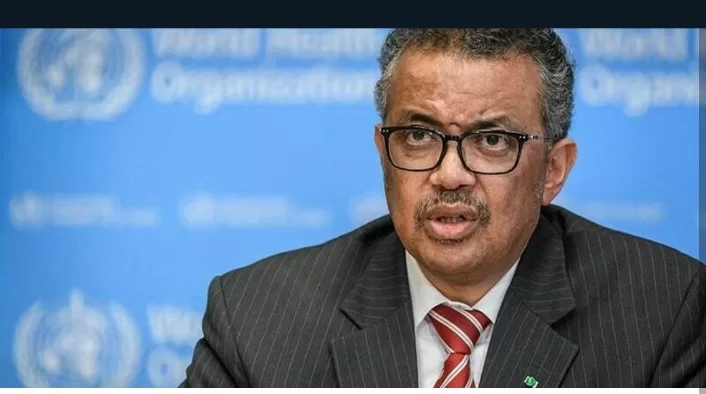London – The Director-General of the World Health Organization (WHO), Tedros Adhanom Ghebreyesus, has conveyed his readiness to launch a fresh expedition of experts to China in pursuit of unraveling the origins of the COVID-19 pandemic. Speaking to the Financial Times, Tedros underscored the imperative of securing comprehensive access to pertinent data, while simultaneously beseeching member nations to emphasize this issue during bilateral engagements with Beijing.
In an earnest plea to the Chinese government, Tedros disclosed that the WHO had already dispatched a written entreaty, soliciting both crucial information and the authorization to dispatch a dedicated investigative team. The international community remains mired in uncertainty regarding the genesis of the global health crisis.
The onset of COVID-19 was initially documented in Wuhan, China, towards the end of 2019. This enigmatic outbreak has engendered two principal hypotheses: one involving a possible laboratory escape within the city, where viruses of similar nature were under examination, and the other postulating the transmission of the virus via an intermediary animal, potentially in a local market.
An investigative consortium led by the WHO, accompanied by Chinese counterparts, embarked on a mission to explore these theories in early 2021. Their collective findings leaned towards the latter scenario, proposing zoonotic transmission from a bat to a human, possibly within a market setting.
Director-General Tedros emphasized that despite this report, all conjectures continue to remain “on the table.” Nevertheless, no follow-up missions have had the opportunity to revisit China, leaving WHO officials clamoring for additional and undisclosed data.
Tedros has consistently reaffirmed the WHO’s unwavering commitment to the investigative process, imploring Beijing to uphold transparency in data-sharing, conduct thorough investigations, and openly disseminate findings. Earlier this year, the WHO deescalated the pandemic’s threat level, owing to the positive impact of vaccines, the development of post-infection immunity, and improved treatment modalities. While the virus now remains under relatively greater control, the impending autumn season in the Northern Hemisphere has brought to the fore new variants, necessitating sustained vigilance and investigation.
By Reuters







